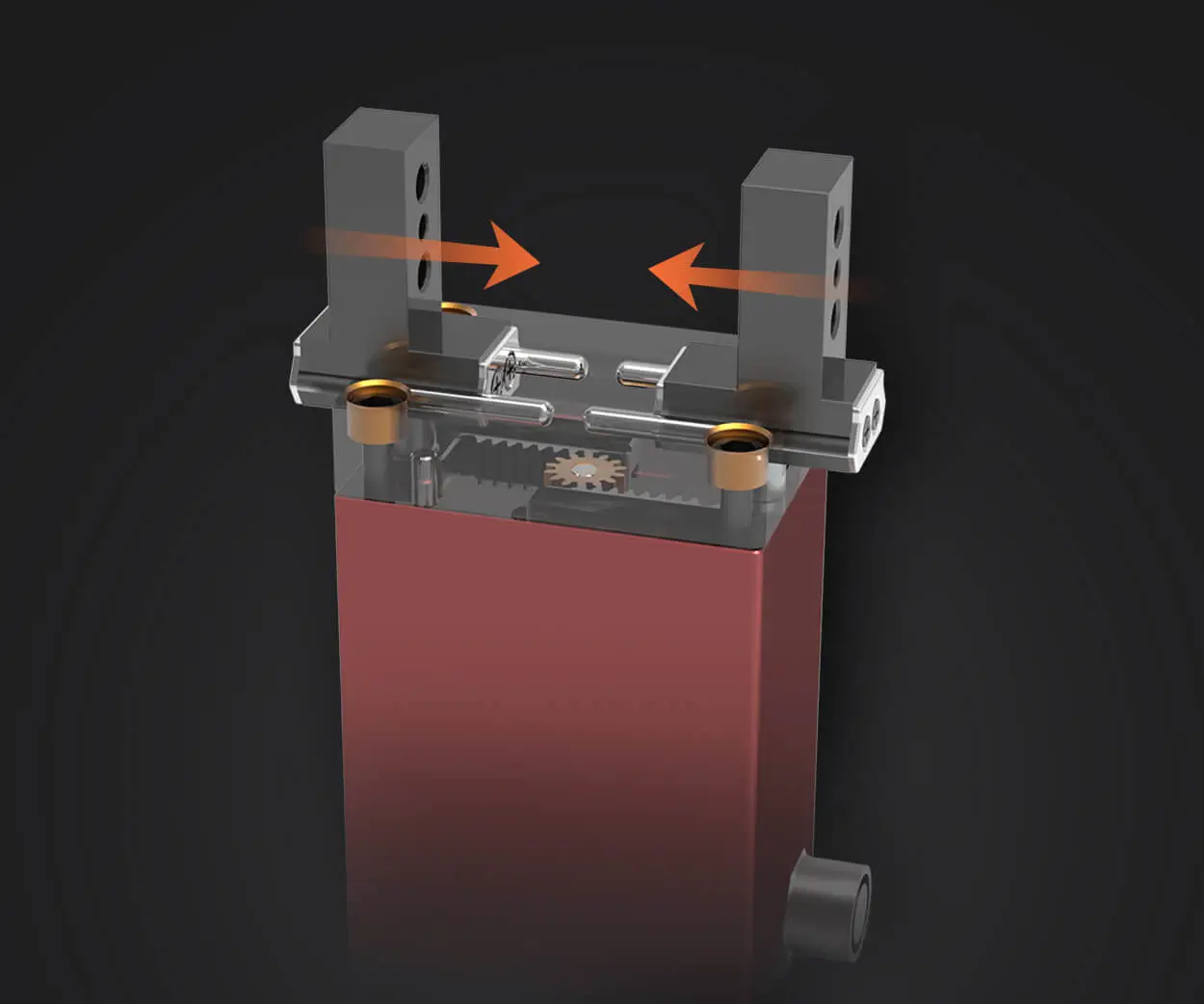In today’s fast-paced tech world, businesses are always looking for ways to scale, improve performance, and stay agile. That’s where microservice architecture comes in—especially when paired with Azure. Think of it as a way to break your business applications into smaller, independent pieces that work together seamlessly. But why exactly should companies care about this combination?

Microservices aren’t anything new, but the flexibility they offer can be a game-changer. By splitting up your app into manageable, independent units, you reduce the risk of system-wide failures. Each part can be updated or scaled independently, which means less downtime and more control. Now, take that flexibility and throw in Azure's robust cloud platform—suddenly, you’ve got the perfect storm for innovation.
Why does Azure shine when it comes to microservices? For one, it provides tools like Azure Kubernetes Service (AKS), which makes container management a breeze. Containers are like portable, lightweight environments for your services, ensuring consistency across multiple platforms. This is a big deal when you have a lot of moving parts. Azure also offers seamless integration with other tools, like Azure DevOps, for continuous delivery. Imagine the ease of managing, updating, and deploying services without the headaches.
But here’s something that often gets overlooked: security. In the world of microservices, it’s crucial that each service doesn’t just communicate with others— it does so securely. Azure provides out-of-the-box security features like managed identities and Azure Active Directory, making it easier to keep each service protected. Whether you’re handling customer data or sensitive information, security isn’t something you can afford to take lightly.
So, how does this work in practice? Let's say you’re running an online store. You could break down your application into microservices like payment processing, inventory management, and user authentication. Each service is independently scalable, meaning if your checkout page suddenly gets more traffic than usual, you can scale just that part of the system—no need to overhaul the entire thing.
Azure helps with that scaling too. It has auto-scaling capabilities that adjust based on real-time demand, so you’re never under or over-provisioning your resources. In other words, Azure gives you the power to ensure your app performs well even during peak traffic periods, without wasting money on resources you don’t need.
It’s not just about tech for tech’s sake either. Businesses that implement microservices on Azure typically see faster development cycles. Because each service is independent, teams can work on different parts of the system without waiting for others. Want to roll out a new feature for your customers? You can deploy it independently without impacting the rest of the app. It’s this kind of agility that drives competitive advantage in a crowded market.
At the end of the day, building your app with a microservice architecture on Azure isn’t just about staying ahead of the curve. It’s about ensuring that your business is prepared for anything the future throws at it—be it massive growth or unexpected changes in demand. With the right approach, you’re not just creating an app, you’re building a resilient, adaptable business solution.
In short, microservice architecture on Azure is more than just a technical upgrade; it’s a strategic move that can revolutionize how your business operates.
Established in 2005, Kpower has been dedicated to a professional compact motion unit manufacturer, headquartered in Dongguan, Guangdong Province, China. Leveraging innovations in modular drive technology, Kpower integrates high-performance motors, precision reducers, and multi-protocol control systems to provide efficient and customized smart drive system solutions. Kpower has delivered professional drive system solutions to over 500 enterprise clients globally with products covering various fields such as Smart Home Systems, Automatic Electronics, Robotics, Precision Agriculture, Drones, and Industrial Automation.




































